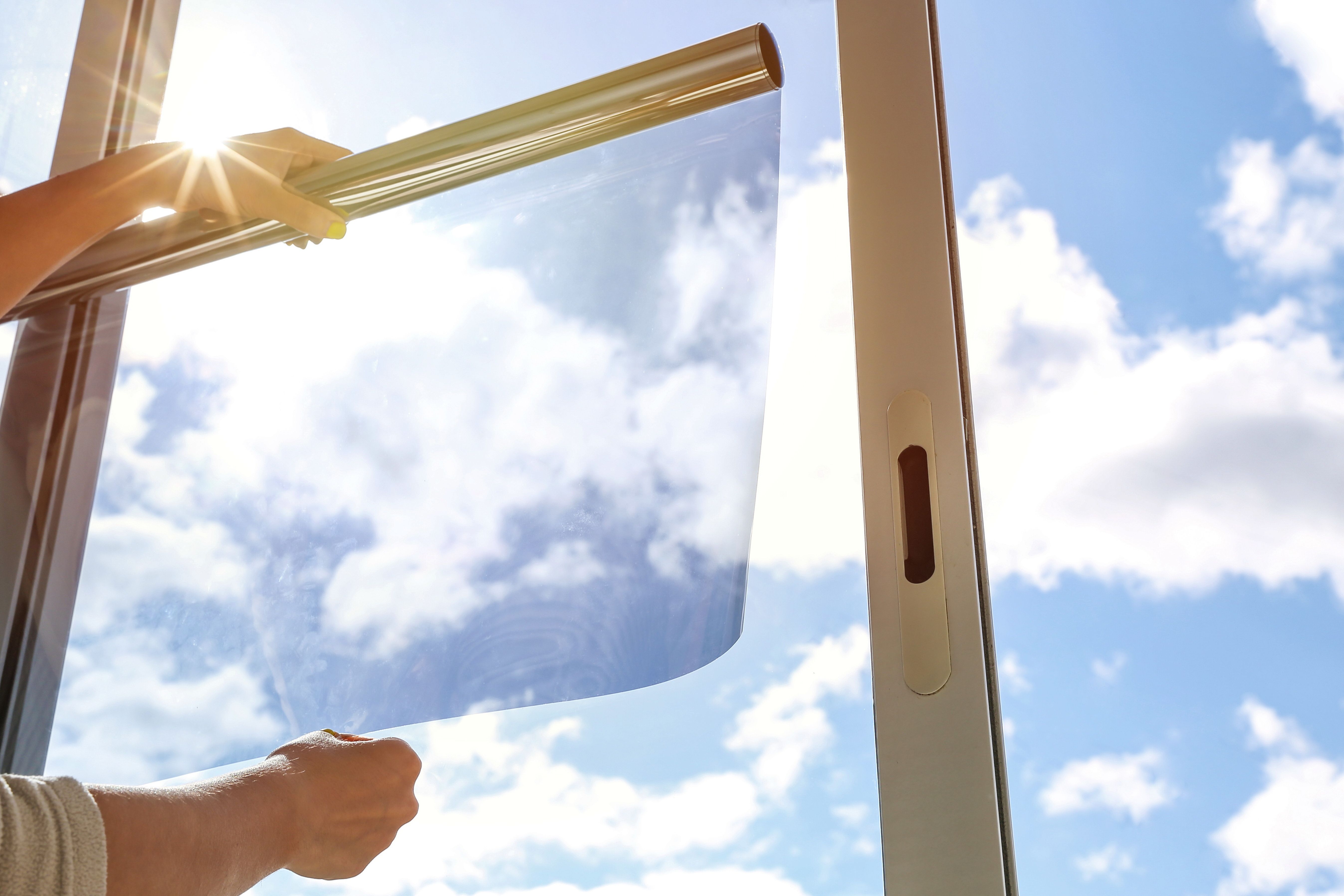Common Myths About Window Tinting: What You Really Need to Know
Understanding the Basics of Window Tinting
Window tinting is a popular choice for car owners and homeowners alike, offering a range of benefits from aesthetic appeal to increased privacy. However, there are numerous myths surrounding window tinting that often cause confusion. Understanding the realities of window tinting can help you make informed decisions about whether it's right for you.

Myth 1: Window Tinting is Only for Aesthetic Purposes
While it’s true that window tinting can enhance the look of your vehicle or home, its benefits extend far beyond aesthetics. One significant advantage is UV protection. Tinted windows can block up to 99% of harmful UV rays, helping protect your skin and prevent the interior of your car or home from fading.
Myth 2: Tinted Windows Are Illegal
Many people believe that window tinting is illegal, but this isn't entirely true. While there are regulations regarding the level of darkness allowed, tinting itself is legal in most places. These regulations vary by state or country, so it’s important to check local laws to ensure compliance. Adhering to these laws helps maintain safety and visibility on the road.

The Practical Benefits of Window Tinting
Beyond legality and aesthetics, window tinting offers practical benefits that many people overlook. For instance, tinted windows can significantly reduce glare from the sun and headlights, which enhances driving safety. Moreover, they provide an extra layer of security by making it harder for outsiders to see inside your vehicle or home.
Myth 3: Window Tinting Damages Windows
Some individuals worry that applying tint will damage their windows, but this is another myth. When professionally installed, window tinting does not cause harm to glass surfaces. In fact, tinting can help protect windows by holding shattered glass together in the event of an accident or breakage.
Myth 4: All Window Tints Are the Same
It is a common misconception that all window tints provide the same benefits. In reality, there are various types of window films available, each designed for specific purposes.
- Dyed films are primarily used for privacy and aesthetics.
- Metalized films offer stronger UV protection and glare reduction.
- Ceramic films provide superior heat rejection without interfering with electronic signals.

Conclusion: Making an Informed Decision
Understanding the truth behind these common myths can help you appreciate the full range of benefits that window tinting offers. Whether you're looking to improve your vehicle’s appearance, protect your family from harmful UV rays, or increase privacy and security, window tinting can be an excellent choice. Always consult with a professional to ensure you select the right type of tint and comply with local regulations.
